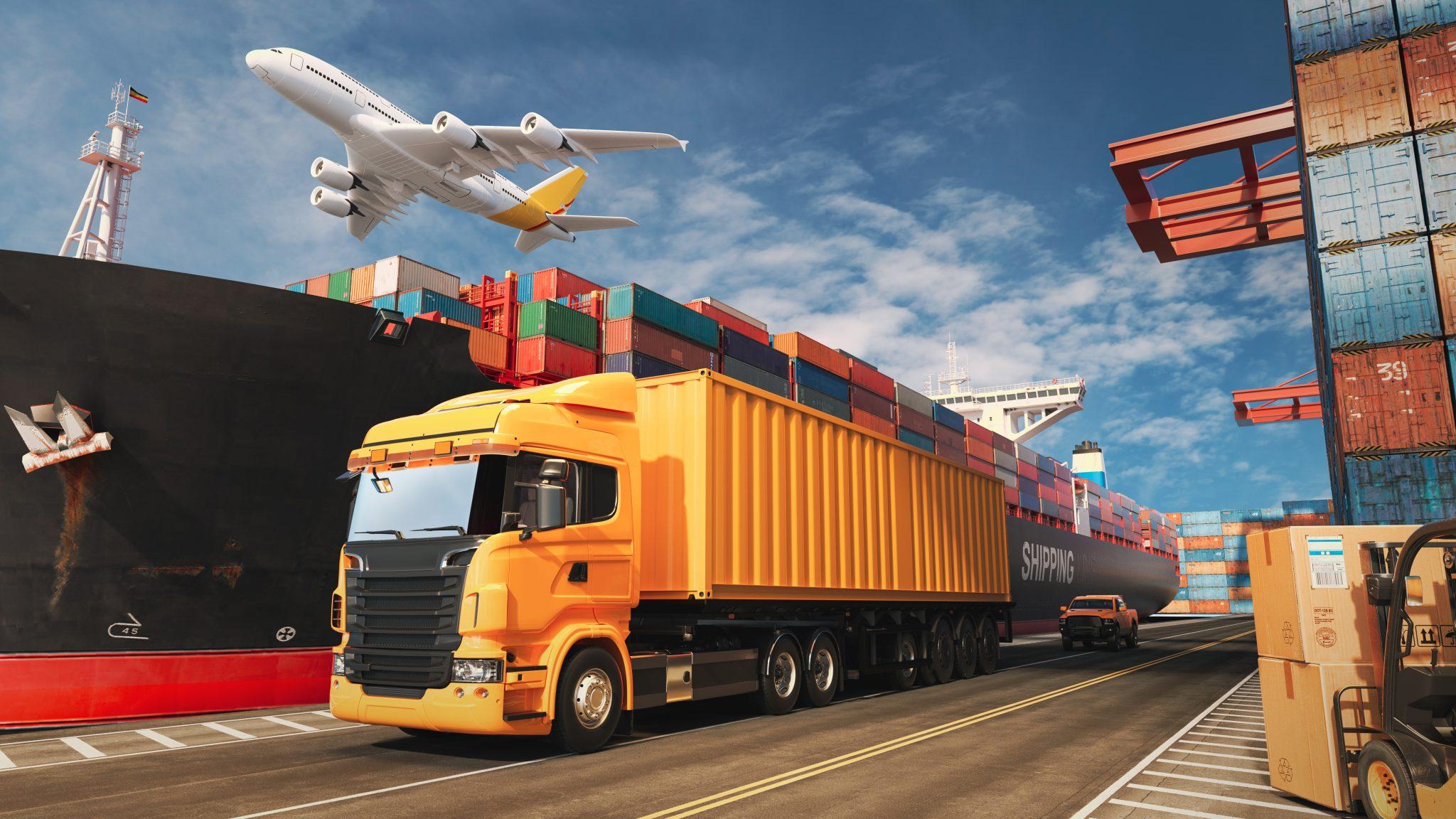Why Integrated Logistics Support Matters Today

Key Takeaways
-
Integrated logistics support improves system readiness and lowers lifecycle costs.
-
A solid obsolescence management plan helps prevent downtime and costly redesigns.
-
Integrated logistics services streamline support across all system components.
-
Industry leaders like IRIDIUM integrated logistics solutions (ILS) demonstrate successful implementation of ILS strategies.
What Is Integrated Logistics Support and Why It Matters

Integrated logistics support (ILS) is a structured, proactive approach to ensure systems remain functional, efficient, and sustainable throughout their lifecycle. ILS aligns support planning with operational needs from acquisition through retirement.
Whether it's military systems, aircraft, rail infrastructure, or industrial machinery, ILS reduces downtime, improves performance, and keeps long-term costs under control.
Core Elements of Integrated Logistics Support:
-
Maintenance and repair planning
-
Spare parts supply and management
-
Technical manuals and documentation
-
Support equipment provisioning
-
Training systems
-
Facility and resource planning
-
Software and data support
-
Lifecycle engineering and cost analysis
Improving Efficiency Through Lifecycle Support
Unlike traditional logistics, which focuses mostly on transportation and inventory, integrated logistics support ensures every part of a system is maintainable and supportable from the beginning.
Advantages of ILS:
-
Greater system availability
-
Reduced maintenance downtime
-
Lower total cost of ownership
-
Faster repair and support services
-
Streamlined training and documentation
-
Better visibility into system performance
People Driving Integrated Logistics Success
The success of ILS doesn't rely on tools alone it depends on logistics professionals who analyze data, forecast needs, manage documentation, and plan support. These individuals play a key role in ensuring systems operate at peak efficiency.
How Integrated Logistics Services Deliver Full-Spectrum Support
Integrated logistics services support the practical implementation of ILS by handling everything from training to documentation, parts supply, and infrastructure maintenance. These services ensure systems receive consistent, high-quality support at every stage of their use.
What Integrated Logistics Services Include:
-
Technical publications and IETMs
-
Spare parts planning and procurement
-
Operator and technician training
-
Support equipment integration
-
Field support and depot maintenance
-
Supply chain optimization
-
Real-time performance reporting
Why You Need an Obsolescence Management Plan
One of the biggest threats to long-term system support is obsolescence. As technology evolves, parts and software may no longer be available, which can lead to costly delays or forced redesigns.
A strong obsolescence management plan ensures systems stay current and supportable over time.
What a Good Plan Should Cover:
-
Supplier life cycle tracking
-
Forecasting availability risks
-
Managing last-time buys
-
Planning for alternate components
-
Ensuring data and software remain up to date
Without this plan, your support team may face extended outages and unexpected costs due to outdated components or tools.
Example in Action: IRIDIUM Integrated Logistics Solutions
IRIDIUM integrated logistics solutions (ILS) is a leader in delivering custom support programs tailored to each system's specific needs. With expertise in integrated logistics support, they help industries manage everything from training to obsolescence tracking.
Their support includes:
-
Lifecycle engineering analysis
-
Data-driven logistics strategies
-
Comprehensive training systems
-
Technical documentation development
-
Proactive obsolescence mitigation
By aligning every element of system support, IRIDIUM helps clients reduce downtime, cut lifecycle costs, and improve system readiness.
Building Your Integrated Logistics Framework
A successful ILS program follows a clear, methodical structure:
1. Define Support Requirements
Start with mission needs and operational goals. Identify support metrics, such as availability and repair timelines.
2. Perform Logistics Support Analysis
Forecast parts usage, maintenance needs, and resource requirements. This predictive approach reduces risk.
3. Develop Training and Documentation
Create clear, consistent technical manuals and deliver ongoing training. Well-trained personnel reduce errors and downtime.
4. Plan Maintenance and Supply Systems
Establish preventive and corrective maintenance schedules. Ensure part availability with efficient inventory systems.
5. Monitor and Improve
Track performance data over time and refine your strategy using key metrics like MTBF (Mean Time Between Failures).
New Technologies Advancing ILS
Modern ILS uses smart tools and data systems to improve efficiency and reduce costs.
Examples of Innovation:
-
IoT sensors for real-time monitoring
-
AI for predictive maintenance planning
-
Digital twins to simulate support needs
-
Blockchain for secure part tracking
-
Cloud-based platforms for data integration
These tools make it easier to coordinate across teams, spot trends early, and respond faster to support needs.
Why Integrated Logistics Support Is Essential
Organizations relying on high-value systems can't afford gaps in maintenance or supply chains. Integrated logistics support gives them the structure to maintain control, avoid downtime, and improve system longevity.
By combining ILS with modern integrated logistics services and a strong obsolescence management plan , you ensure the sustainability and success of your operations—now and into the future.
Final Thougths
Integrated logistics support is essential to operational readiness and cost control. It creates a foundation for systems to remain effective, reliable, and safe for the long term.
Companies like IRIDIUM integrated logistics solutions (ILS) show how a well-designed support structure can dramatically improve system sustainability and performance.
When supported by proactive planning, modern tools, and expert services, ILS becomes a competitive advantage not just a logistics function.
FAQs
How is integrated logistics support different from regular logistics?
Traditional logistics handles storage and delivery. Integrated logistics support covers the full lifecycle of a system, including maintenance, training, parts supply, and technical data.
Why are integrated logistics services important?
They bring all elements of system support together—ensuring faster response, fewer breakdowns, and lower total costs.
What is the value of an obsolescence management plan?
It protects your system from parts or tools becoming outdated, helping you avoid delays, failures, or expensive last-minute upgrades.








